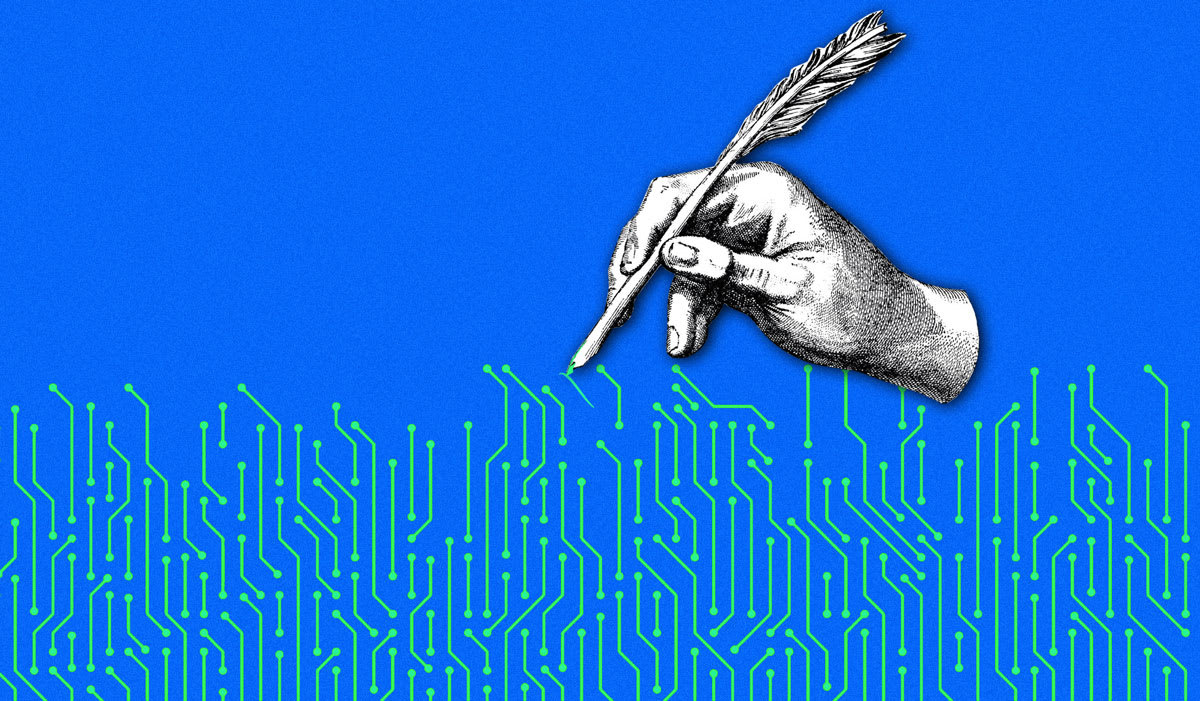What to look for in a college today...to survive tomorrow
Here's one of the most devastating questions you could ask an 18-year-old these days: "What do you want to do?"
With artificial intelligence merging with automation to eliminate millions of jobs, it's also an unfair question. No wonder it perplexes so many graduates now.
A better question would be "what skills can higher education teach you to become agile in an automation economy?" But this means throwing out all the old ideas about attending the "best" college or getting the "right" major. Skill sets and human ability are what really matter.
When picking a college, you have to dig deep beyond their standard programs. Before you take that leap, please first read the White House report Artificial Intelligence, Automation and the Economy, which was quietly released just before Christmas last year. It's a bombshell that every parent should digest before making a college choice.
The White House report paints a dark future for employment in general, predicting that up to 47 percent of all jobs in the next decade "are threatened by automation and are highly concentrated among lower-paid, lower-skilled, and less-educated workers. This means that automation will continue to put downward pressure on demand for this group, putting downward pressure on wages and upward pressure on inequality."
While this figure is an estimate that may or may not come to pass, it's still ominous. A college degree may be the new high school diploma. You're going to need a whole range of machine-superior thinking and social skills to be able to survive.
Forget about fast food, baristas and low-end human service occupations. Even relatively well-paid, semi-skilled jobs like truck driving are likely going to be automated. And robots will continue to dominate most factories.
How do you avoid becoming a victim of the so-called robot apocalypse? For those eyeing college, you'll need to ask some hard questions about how institutions teach and how they're going to prepare you for the automated workplace.
I found some hopeful insights in a new book, "Humility Is the New Smart: Rethinking Human Excellence in the Smart Machine Age," by Edward Hess and Katherine Ludwig. Not only do we need to admit what we don't know but also we need to refocus on being better informed and sensitive human learners.
The first step in this reexamination of the relationship between higher education and vocational success is to be flexible. It's unlikely you'll get one degree and one skill set that will ensure that you'll be able to stay in one field and one job for an entire career. Think lifelong learning and building skills.
Speaking of skill sets, it's better to have a broad palette than something narrowly focused. Your career is unlikely to be a straight line to retirement. Mine sure hasn't been. When I asked the authors to identify what's important to know, here's what Hess and Ludwing said:
"Technology will transform the world of work. Not everyone will find meaningful work. Few people will have a lifelong job with one employer. All of that means students need to learn the skills necessary to continually learn and adapt and how to go forward in an unstructured work world in order to take care of themselves and their families."
What should you look for when shopping for skills training?
"Students need to walk away from college with a learning 'toolbox' made up of cognitive, emotional, social and technical skills and tools that will aid them in lifelong iterative learning, solving problems, developing and maintaining meaningful emotional relationships and managing themselves -- their thinking, emotions and behaviors."
How do you tell if that's what a college is offering? Don't they all pretty much say that in their marketing materials these days?
"Parents should look for schools that offer multidisciplinary, challenging, experiential, small, diverse, team-learning opportunities. The more the better. The key is putting students into challenging learning situations where they are stretching themselves -- where they learn how to learn from failures and how to bounce back and try again.
Learning with experienced faculty, not young graduate students. Education is no longer about learning content. Education is all about developing one's ability to effectively learn, unlearn and relearn, and the ability to collaborate and work with people with backgrounds and training different than you."
This skills approach means crossing boundaries and disciplines. Sure, learn how to code, but also master writing and speaking in public. Bioengineering is great, but so are the humanities, philosophy and ethics. Science, technology, engineering and math (STEM) may be sexy now, but we have to figure out how to best use these disciplines to serve long-term human needs.
"Look for schools that are doing the hard work of developing lifelong learners," said the authors. "That is what the future will require."
That means choose a school that's preparing students for the long game, during which strategies, professions and entire industries will change quickly. You won't find this information in brochures or glean it from idyllic campus tours. You'll have to ferret it out yourself.



